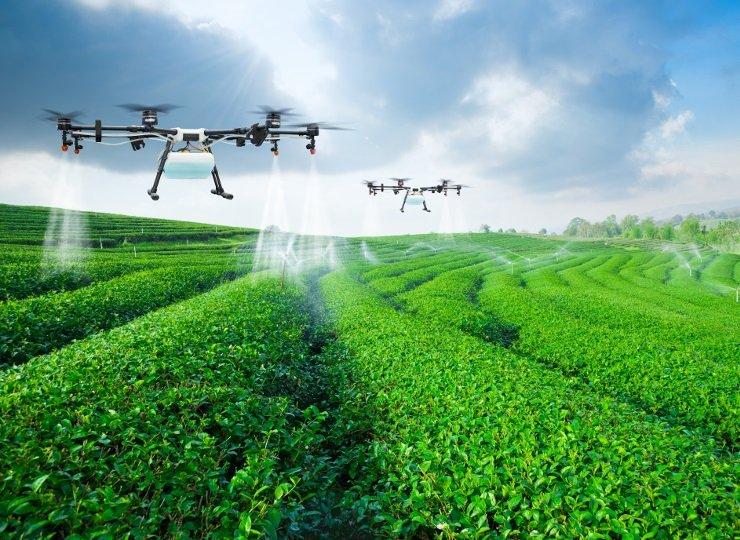The global Digital Agriculture market, often referred to as AgTech, represents a profound technological revolution in one of the world's most fundamental industries. This sector encompasses a vast array of technologies—including precision farming hardware, IoT sensors, farm management software, and data analytics platforms—all aimed at helping farmers increase yields, improve efficiency, and enhance sustainability. The market's rapid expansion is being propelled by a confluence of powerful global forces: a growing global population that requires more food, increasing pressure on natural resources like water and arable land, the challenges of climate change, and the need for greater transparency and traceability throughout the food supply chain. The ecosystem of Digital Agriculture Market Companies is a complex and dynamic landscape, composed of several distinct categories of players. These include the major global agricultural machinery and seed/chemical giants, specialized hardware and sensor manufacturers, a vibrant and rapidly growing cohort of venture-backed software and data analytics startups, and major satellite and drone imagery providers. These organizations are collectively engaged in a high-stakes effort to bring the data-driven precision of the digital age to the farm, transforming agriculture from a practice based on tradition and intuition to one based on real-time data and predictive insights.
A granular analysis of the market's key participants reveals a clear segmentation based on their role in the technology stack and their strategic focus. The first and most established category consists of the major agricultural industrial giants, such as John Deere, CNH Industrial, and AGCO, as well as the major seed and crop protection companies like Bayer (with its Climate FieldView platform) and Corteva Agriscience. These incumbents leverage their deep, long-standing relationships with farmers and their dominant positions in the machinery and inputs markets to offer integrated digital solutions. Their strategy is to create a comprehensive digital ecosystem around their core products. For example, John Deere's strategy is to embed sensors and connectivity into its tractors and combines, and to provide a software platform (the John Deere Operations Center) that allows farmers to manage their entire operation, from planting to harvest, using the data generated by their machines. Their primary competitive advantage is their massive installed base and their trusted dealer networks.
A second, and highly innovative, category is comprised of the specialized AgTech hardware and software providers. This is a vast and diverse group. It includes companies specializing in precision irrigation technology (like Netafim), soil sensors, and weather stations. It also includes the providers of farm management software (FMS), which act as the central "operating system" for the farm, helping with everything from financial planning and record-keeping to crop management and compliance. A third, and increasingly influential, category is the new generation of data science and AI-powered startups. These companies are focused on analyzing the vast amounts of data generated on the farm—from satellites, drones, and in-field sensors—to provide predictive insights. This includes using AI to forecast crop yields, detect early signs of disease or pest infestations from imagery, and provide variable-rate prescriptions for the application of fertilizer and water. The (Placeholder) Digital Agriculture Market is projected to grow to a valuation of (Placeholder: e.g., USD 16.55 Billion) by 2035, growing at a CAGR of (Placeholder: e.g., 5.14%) during the forecast period 2025 - 2035. The interplay between these different players is creating a complex but powerful new technology stack for the future of farming.
Top Trending Reports -
India Employee Experience Management Market
 Free IL
Free IL


